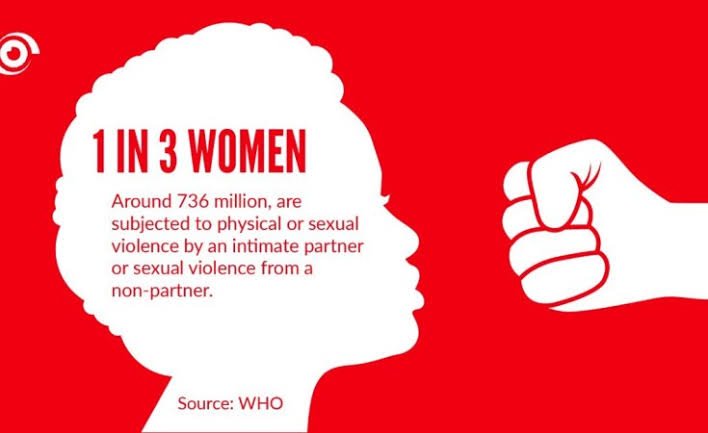Considering my recent encounter with a case of a teacher impregnating his student, who tends to be underage, and as a blockchain enthusiast, I was poised to write this article.
Read to the end.
Gender-based violence (GBV) is a pervasive problem across Africa, with millions of women and girls experiencing physical, sexual, and emotional violence each year. The statistics on GBV across Africa are alarming, with the World Health Organization (WHO) reporting that 35% of women in Africa have experienced physical and/or sexual violence at the hands of their partners or non-partner perpetrators at some point in their lives. Furthermore, some countries have even higher rates of violence against women, such as Uganda, where over half of all women have experienced physical violence, and 22% have experienced sexual violence.
One approach to reducing GBV in Africa is the use of blockchain technology. Blockchain technology can potentially play a role in addressing GBV in Africa by providing a secure and immutable platform for storing and sharing information related to GBV cases. Blockchain can help create a decentralized, secure database of GBV cases that can be accessed by relevant parties, such as law enforcement, human rights organizations, and healthcare providers. This can help ensure that important information about GBV cases is not lost or destroyed and can also help track patterns of GBV over time.
Blockchain can also be used to create secure and transparent systems for reporting GBV cases. For example, a blockchain-based platform could allow victims of GBV to anonymously report their experiences, without fear of retaliation or stigmatization. This could help break down barriers to reporting GBV and increase the number of cases that are documented and addressed.
Another way that blockchain can help address GBV is by enabling the creation of digital identity systems that are secure and tamper-proof. This can help ensure that victims of GBV can access the support and services they need without fear of being identified or targeted.
However, it is important to note that blockchain technology alone cannot solve the complex problem of GBV in Africa. It is essential to also address the underlying social and cultural factors that contribute to GBV, such as gender inequality, poverty, and lack of access to education and resources. Nevertheless, blockchain technology can be a useful tool in supporting efforts to address GBV and improve the lives of women and girls in Africa.
In conclusion, GBV is a pervasive problem in Africa that affects millions of women and girls every year. While blockchain technology cannot solve the problem of GBV on its own, it can provide a valuable tool for addressing the issue. By creating a secure and decentralized database of GBV cases, enabling anonymous reporting of GBV incidents, and facilitating secure and tamper-proof digital identity systems, blockchain can help support efforts to reduce GBV in Africa and improve the lives of women and girls across the continent.

